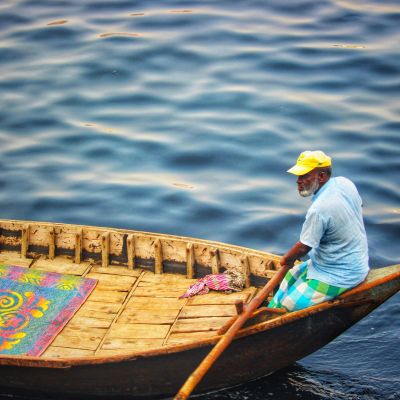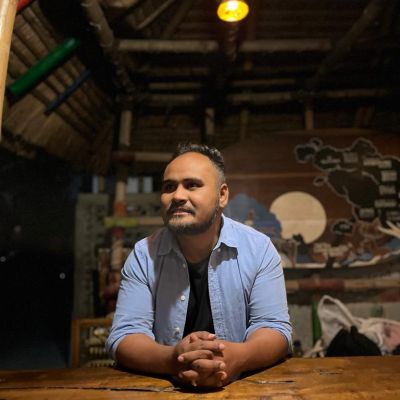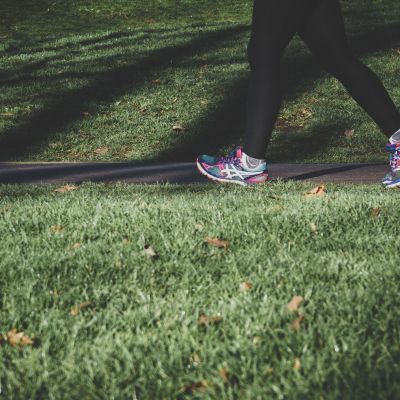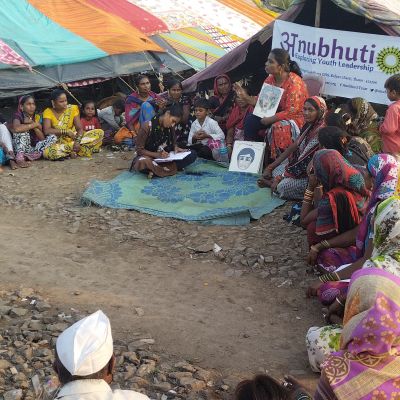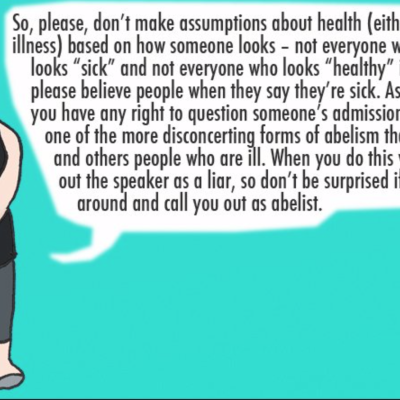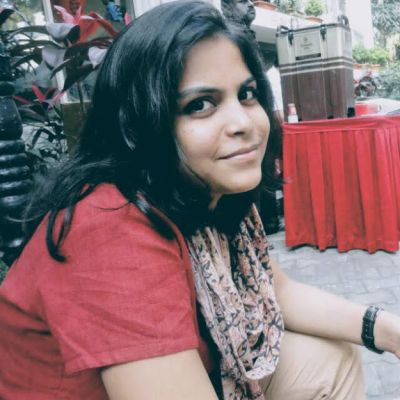Health
In this great repository of the human collective consciousness and exposure lies a wealth of tacit knowledge of COVID-19 that is independent of the subject expert.
Cricket, football, hopscotch, whatever the game, we have all wanted to be included for the sheer joy not only of exercising body and mind but also of being part of a team, of being noticed and celebrated. Sports and athletics offer us a playground to explore and express parts of ourselves that may otherwise forever lie dormant.
When we are talking about the theme of embracing equity we can see sports as a neutral space that has the potential to be a space where everyone can connect, together, without language, and without the domination of any community over another.
From today’s vantage point I see that I missed an opportunity to use PT and sports in school as a way to get to know and move my body. This in turn held me back from viewing myself as a sexual being.
Expanding contexts give the word ‘movement’ different meanings and value. Physical, conceptual, technological, relationship, emotional, mental, power, knowledge, ability, access, may be amongst the contexts immediately identified.
In our mid-month issue, continuing with the theme of Health and Sexuality, we look at how we can expect our doctors, nurses and other healthcare professionals to be sensitive to issues of gender and sexuality if these issues are not addressed in the medical curriculum. Suchitra Dalvie, a feminist obstetrician and gynaecologist, makes a sharp and succinct critique of the training she received as a medical student…
किशोरों में यौनिकता विषय पर चर्चा करना आरंभ करने पर कानून, आयु, मान्यताएँ व स्वास्थ्य जैसे अनेक ऐसे मुद्दे भी…
शिखा आलेय जैस्मिन जॉर्ज TEDx स्पीकर हैं, अधिवक्ता हैं और भारत में यौन एवं प्रजनन अधिकारों की पैरोकार हैं। ये…
We often look at people and, based on their appearance, assume that they are ‘healthy’ or not. Here is an…
Dr. V. Chandra-Mouli makes a powerful case for sexuality education for young people and why it is important for their physical,…
A humanitarian crisis situation has different impacts at the individual and community level and is also differently experienced by different…
Adsa Fatima is a feminist, trainer and resource person working with Sama Resource Group for Women and Health. In this interview, she shares her insights on issues of privacy, safety and inclusion in the context of reproductive health, sexuality and rights, and the family and social environment that influence individual choices and decisions
पिछले साल के जुलाई महीने में मुझे बताया गया कि मुझे फ़ाइब्रोमायल्जिआ नाम की बीमारी है। आप में से जिनको…

